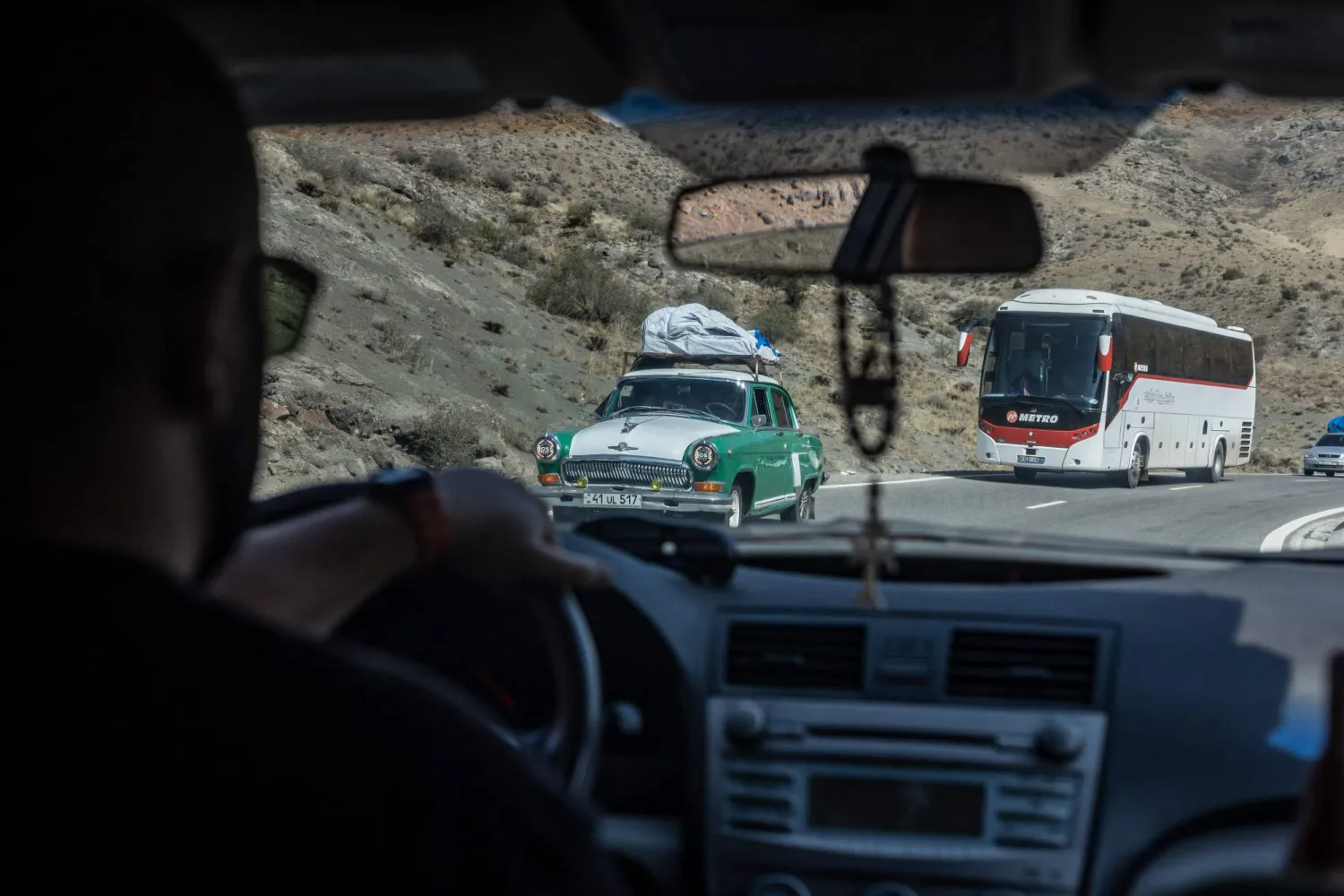An ethnic Armenian exodus has nearly emptied Nagorno-Karabakh of residents since Azerbaijan attacked and ordered the breakaway region’s militants to disarm, the Armenian government said Saturday.
Nazeli Baghdasaryan, the press secretary to Armenian Prime Minister Nikol Pashinyan, said 100,417 people had arrived in Armenia from Nagorno-Karabakh, which had a population of around 120,000 before Azerbaijan reclaimed the region in a lightning offensive last week.
A total of 21,043 vehicles had crossed the Hakari Bridge, which links Armenia to Nagorno-Karabakh, since last week, Baghdasaryan said. Some lined up for days because the winding mountain road that is the only route to Armenia became jammed.
The departure of more than 80% of Nagorno-Karabakh's population raises questions about Azerbaijan’s plans for the enclave that was internationally recognized as part of its territory. The region's separatist ethnic Armenian government said Thursday it would dissolve itself by the end of the year after a three-decade bid for independence.
Pashinyan has alleged the ethnic Armenian exodus amounted to “a direct act of an ethnic cleansing and depriving people of their motherland.” Azerbaijan’s Foreign Ministry strongly rejected the characterization, saying the mass migration by the region's residents was “their personal and individual decision and has nothing to do with forced relocation.”
In a related development, Azerbaijani authorities on Friday arrested the former foreign minister of Nagorno-Karabakh’s separatist government, presidential advisor David Babayan, Azerbaijan’s Prosecutor General’s Office said Saturday.
Babayan's arrest follows the Azerbaijani border guard's detention of the former head of Nagorno-Karabakh’s separatist government, State Minister Ruben Vardanyan, as he tried to cross into Armenia on Wednesday.
The arrests appear to reflect Azerbaijan’s intention to quickly enforce its grip on the region after the military offensive.









